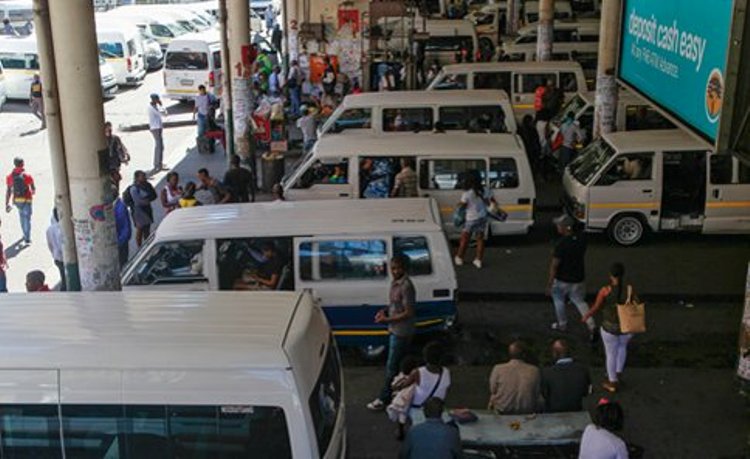Resurgence of Taxi Violence Shakes Gauteng Province
Kedibone Diale-Tlabela, Gauteng MEC for Roads and Transport, has publicly condemned the recent spate of violent incidents involving rival taxi associations.

- Country:
- South Africa
The Gauteng provincial government has issued a stern warning and renewed calls for peace following a spike in deadly violence across parts of the province’s taxi industry. This comes in spite of peace efforts and repeated commitments from taxi industry leaders to end long-standing hostilities.
Kedibone Diale-Tlabela, Gauteng MEC for Roads and Transport, has publicly condemned the recent spate of violent incidents involving rival taxi associations. “This bloodshed, which is connected to conflicts over routes between competing taxi associations, has created an environment of fear and insecurity for passengers, operators, and innocent people,” the Department of Roads and Transport said in a statement.
Recent Incidents Undermine Peace Agreements
In the past several weeks, violence has escalated with multiple taxi drivers and marshals reportedly killed in separate incidents. This violent resurgence comes after years of attempted peace-building measures between rival taxi associations, particularly the Gauteng National Taxi Alliance (GNTA) and the South African National Taxi Council (SANTACO). These organizations had agreed to work towards peace and signed accords aimed at ending the cyclical violence in the sector.
Despite these public commitments, MEC Diale-Tlabela expressed deep disappointment, stating that the recent violence undermines the substantial progress made by the provincial government in ensuring commuter safety. “These acts of violence in the taxi industry are not only criminal but also a direct betrayal of the commitments made by the taxi industry leadership to uphold peace and prioritise the safety of commuters and communities,” she said.
Government Reinforces Its Zero-Tolerance Stance
The Gauteng government has emphasized its dedication to a peaceful resolution through continued engagement with taxi stakeholders. Key measures include the establishment of a Conflict Resolution Committee, which is tasked with mediating disputes and maintaining accountability and transparency in conflict management.
Diale-Tlabela stressed that the government will not hesitate to take legal action against those instigating violence. “The safety of our citizens and the stability of public transport cannot be compromised. We urge all affected stakeholders to recommit to a peaceful and stable environment,” she warned.
Call for Accountability and Unity Among Taxi Leaders
The MEC called upon leaders of taxi associations to take a stronger stance in ensuring peace among their ranks. “We call upon the leadership of taxi associations to honour their pledges, take responsibility, and assist in identifying those who continue to bring the industry into disrepute. Peace, discipline, and accountability must be the cornerstones of the taxi industry,” she said.
She emphasized that gaining the public’s trust hinges on a stable and violence-free taxi environment. The current climate of fear not only threatens the lives of those involved but also endangers commuters who rely heavily on minibus taxis for daily transportation across Gauteng.
Road Ahead: Mediation, Monitoring, and Enforcement
In a bid to restore confidence and calm in the industry, the provincial government is actively working to facilitate immediate ceasefires between warring factions. Dialogues with GNTA and SANTACO remain central to this initiative. The Conflict Resolution Committee has been tasked with providing both short-term interventions and long-term stability strategies.
“We remain committed to working with all stakeholders within the taxi industry to fight this scourge. The people of Gauteng deserve safe, reliable, and violence-free public transport,” Diale-Tlabela concluded.
As investigations into the recent killings continue, Gauteng residents and industry players alike await firm action and real accountability. The hope remains that a sustainable peace will emerge from this turbulent chapter in South Africa’s transport sector.










